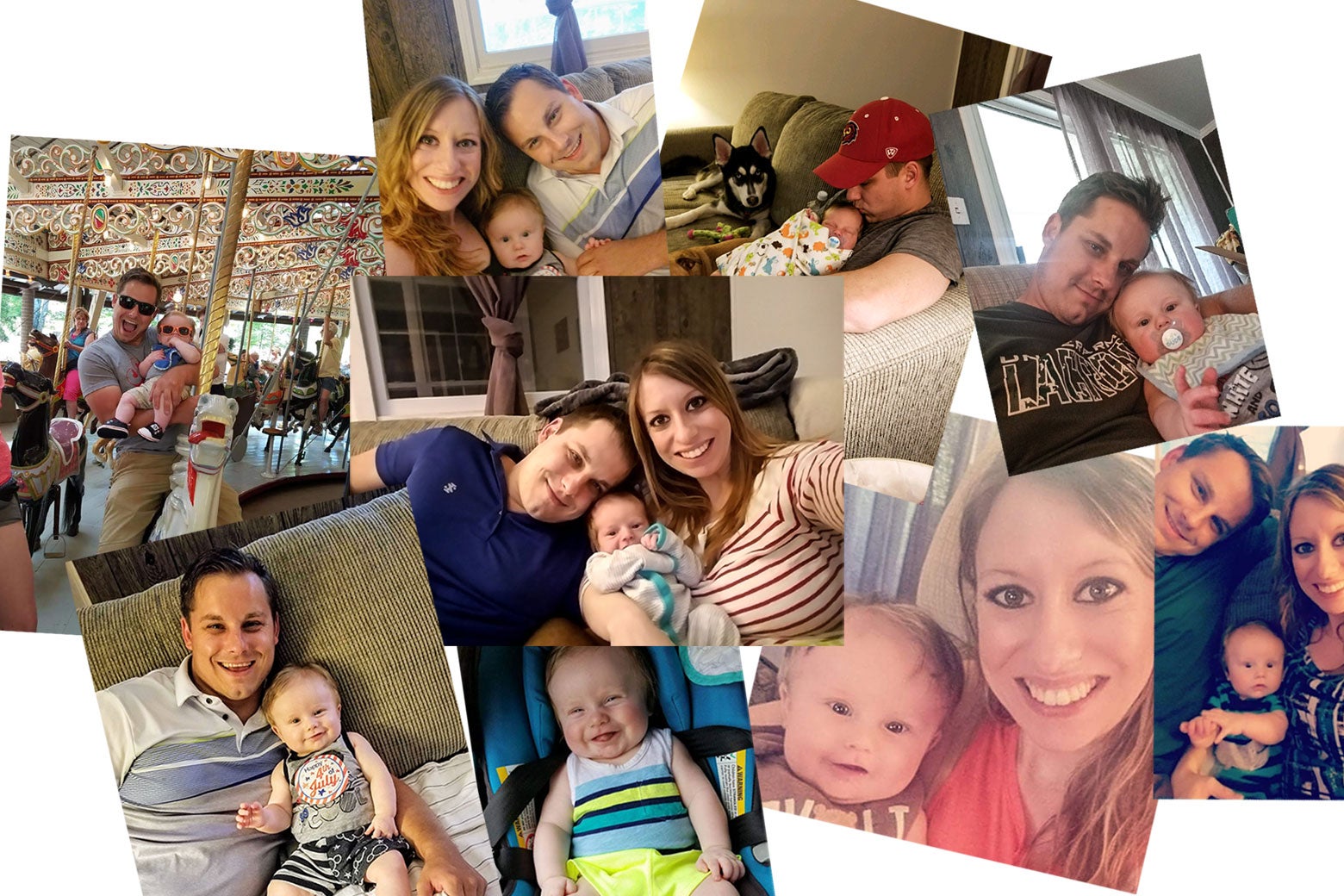The Horrible Truth About Shaken Baby Syndrome Cases

🌈 Abstract
The article discusses the controversy surrounding the medical diagnosis of "shaken baby syndrome" (SBS) and how it has led to the wrongful conviction of many parents and caregivers. It presents the cases of Tom Imschweiler and Robert Roberson, who were accused of killing their children based on the SBS theory, despite evidence suggesting alternative explanations for the children's deaths. The article highlights the ongoing debate within the medical community about the reliability of the SBS diagnosis and the implications for the legal system.
🙋 Q&A
[01] About the SBS Controversy
1. What is the main controversy surrounding the SBS diagnosis?
- There is a "fierce disagreement" among doctors about the certainty of the SBS diagnosis, with some believing the triad of symptoms (subdural and retinal hemorrhage, and brain swelling) can only be explained by shaken baby syndrome, while others argue there can be alternate explanations such as accidental suffocation, underlying illnesses, viral infections, or bleeding disorders.
2. What are some examples of legal rulings related to the SBS controversy?
- In 2008, the Wisconsin Court of Appeals became the first to overturn an SBS conviction, citing the "fierce disagreement" among doctors and a "shift in mainstream medical opinion" about the certainty of the diagnosis.
- In 2021, a New Jersey appeals court barred the admission of evidence about shaken baby syndrome, calling it "junk science."
- However, in other parts of the country, evidence of the telltale triad of symptoms can still lead to arrests and convictions.
3. What are the implications of the SBS controversy for the legal system?
- The reality is that in some parts of the country, evidence of the SBS triad of symptoms won't warrant an arrest, but in other parts, it can literally amount to a "death sentence" for the accused.
- A review of over 1,400 appellate rulings between 2008 and 2018 found that only 3% of SBS convictions were overturned, a far lower rate than in other types of cases.
[02] The Case of Tom Imschweiler
1. What happened to Tom Imschweiler and his son Franklin?
- In 2018, Tom, his girlfriend Laura, and their 5-month-old son Franklin went on a trip to the Outer Banks in North Carolina. In the middle of the night, Franklin started whimpering, and when Tom went to get a bottle, he found Franklin facedown on the couch. Franklin was rushed to the hospital but died days later.
- Doctors diagnosed Franklin's death as shaken baby syndrome, and Tom was arrested and charged with murder, despite the family's explanations for Franklin's other injuries (a car accident and a rectal tear from a fever).
2. How did Tom's case play out?
- Tom initially maintained his innocence but eventually took an Alford plea, which allowed him to plead guilty to manslaughter while still maintaining his innocence. He did this to ensure his daughter would have her father before she formed lifelong memories.
- Tom is now serving a 5-year prison sentence in North Carolina, while his wife Laura raises their new child alone and petitions the governor to commute Tom's sentence.
[03] The Case of Robert Roberson
1. What happened in the case of Robert Roberson?
- In 2002, Roberson carried his 2-year-old daughter Nikki, who was limp and blue, into a hospital in East Texas. She died the next day, and doctors diagnosed her death as shaken baby syndrome.
- Roberson, who was later diagnosed with autism, was arrested and convicted by a jury that did not know about his autism or Nikki's chronic health issues and respiratory problems.
- Roberson is currently on death row in Texas for the SBS conviction, despite new evidence and a detective's admission of initial misgivings about the case.
2. How has Roberson's case progressed?
- Roberson's attorney, Gretchen Sween, informed the detective who questioned Roberson about his autism and Nikki's health issues, but this information did not make a difference in the Texas courts, which have denied Roberson relief.
- The Supreme Court also refused to hear Roberson's case, and he could receive an execution date at any time.